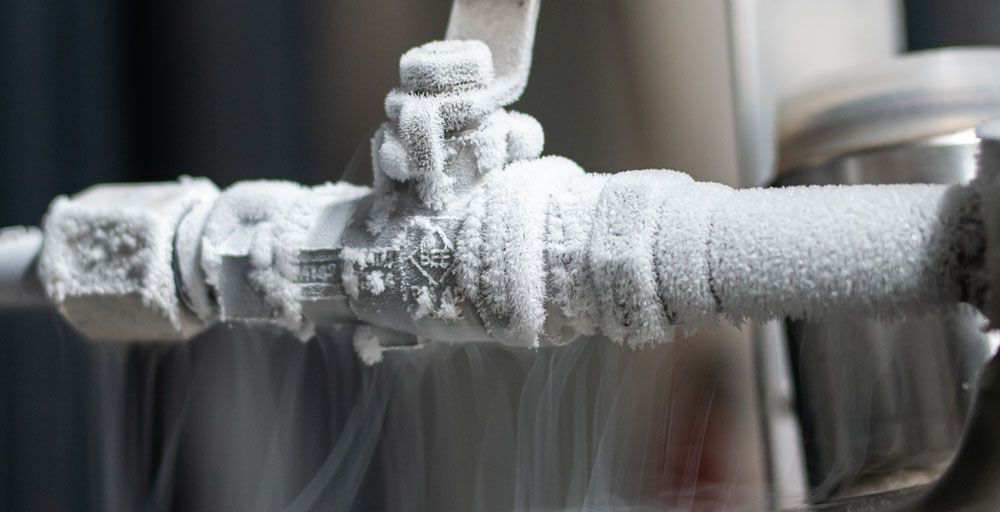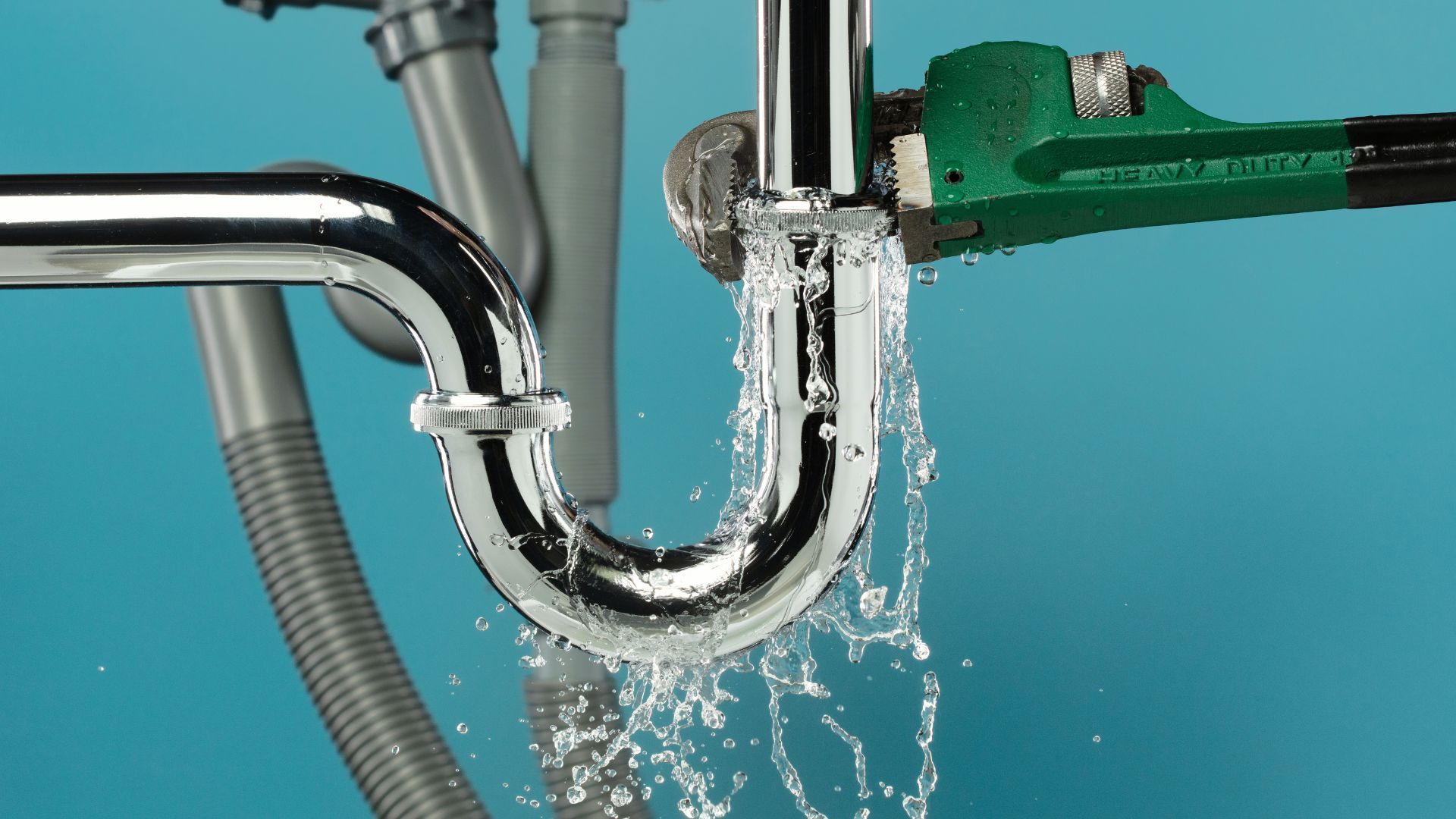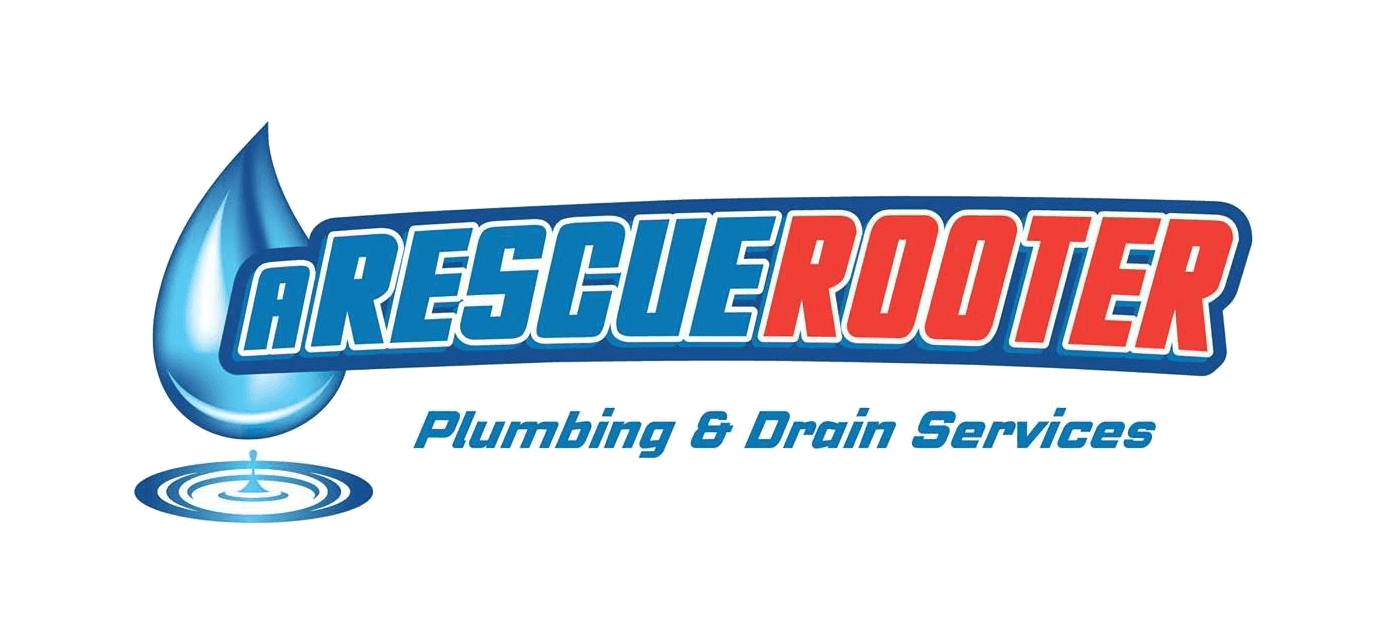Why Do We Run Out of Hot Water So Quickly?

For many of us, a piping-hot shower or a long soak guarantees a tranquil oasis at the end of a hectic day. But what happens when a sudden blast of icy water unceremoniously cuts short that serenity? If you've ever pondered why the hot water seems to vanish in a flash, you’re not alone.
The scramble to finish washing dishes, and the 'I can only wash half my hair' dance, are daily struggles for homeowners worldwide. Exploring your home's hot water system to understand common issues and mysteries that may arise.
Understanding Hot Water Systems
To fix the lack of hot water, we need to first know how your water heater works. Here we’ll break down the two main types and how they function.
1) Tank-Style Water Heaters
The trusty tank-style water heater, a staple in many homes, heats water and keeps it at a set temperature within a large tank until it's ready for use. When the tap is turned, hot water is piped to the outlet while cold water fills the tank to maintain its volume.
The heated water at the top of the tank is then displaced by the incoming cold water, causing it to circulate and ensure a continuous supply for routine household tasks.
2) Tankless Water Heaters
Conversely, tankless, or on-demand water heaters, bypass the need for a storage tank. These systems heat water directly on-site as needed. This can offer several advantages, including energy efficiency and a seemingly endless supply of hot water, which is perfect for larger families or simultaneous hot water demands from multiple sources within the house.
Factors Affecting Hot Water Supply
A variety of factors can impact the duration of your hot water supply. Understanding these can help identify potential issues and, in some cases, optimize your system for consistent hot water flow.
1) Water Heater Capacity
The size of your water heater plays a significant role. A water heater's size is measured in gallons. A smaller tank means less hot water available before needing to reheat. If the heater isn't correctly sized for your home's hot water needs, shortages are inevitable.
2) Usage Patterns
Personal habits and household demand can lead to inconsistent hot water supply. Busy times like mornings and evenings can stress small water heaters. Using hot water randomly during the day can make it seem like there's not enough hot water.
3) Sediment Build-Up
Over time, minerals and sediment can settle at the bottom of the tank. This creates a barrier between the heating element and the water, reducing the system's efficiency. Regular maintenance is crucial to ensure your water heater can operate at its full capacity.
Tips to Extend Hot Water Supply
Now that we understand the potential pitfalls, how can we ensure hot water is there when we need it? Here are several strategies to maximize your hot water supply.
1) Setting the Right Temperature
Hotter isn't always better. Not only can scalding temperatures pose safety risks, but high settings can also deplete hot water more quickly. Adjusting your water heater to a suitable and energy-saving temperature is a simple, effective fix.
2) Regular Maintenance Tips
Regular maintenance for tank or tankless water heaters can help avoid problems that cause a lack of hot water. Each year, remember to clean the tank, check the heating elements, and look for leaks in your home's water heater.
3) Upgrading to a More Efficient System
Sometimes, the best solution is the most forward-thinking. If your water heater is showing signs of age or repetitive issues, it might be time for an upgrade. Newer, more energy-efficient models can significantly improve your hot water experience while reducing your carbon footprint.
Running out of hot water is not just a modern problem. It happens when you use up all the hot water in your home's system. To always have hot water at home, understand how your water heater works.
Be mindful of how you use hot water. Make sure to regularly maintain your water heater. It's time to bid farewell to cold-water surprises and enjoy a consistent supply of warmth and comfort in the essential corners of your home. If you're in need of a hot water tank repair, call Rescue Rooter today.
Hamilton Plumbers Ready to Help
For those struggling with persistent hot water woes, local plumbing experts are your best resource. In Hamilton, Rescue Rooter's experts are ready to help with emergency repairs, maintenance, or upgrades. Just give them a call. Don't let the dread of lukewarm showers linger – reach out to a trusted Hamilton plumber for a solution that suits your specific needs.
Figuring out why your hot water disappears is important for your comfort and making sure your home's systems work well. This can save you time, energy, and the stress of having to rush through washing up.
To take care of your home, think about how long your water heater will last and how well it works. Get it fixed if necessary. With a little knowledge and foresight, you'll be well on your way to mastering the art of endless hot water.






